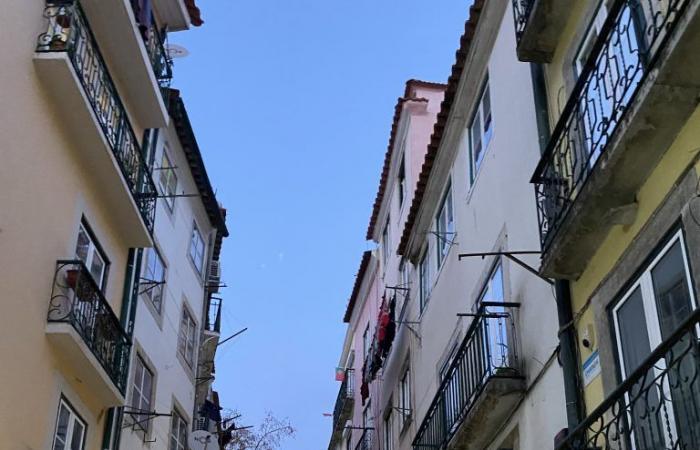The speech by the new Prime Minister of Portugal, Luís Montenegro, that the government will control immigration in the country is supported by experts, but there are a series of responses that the public administration needs to give to foreigners who have decided to live in Portuguese territory. “We don’t want a country with closed doors, but we also don’t want the doors wide open,” he says.
Today, there is no clear policy on this issue and, worse, the service given to immigrants, who number more than 1 million — 10% of Portugal’s population — is demeaning. There are cases of entire families waiting for a response from the Agency for Integration, Migration and Asylum (Aima) for more than a year, with no prospect of obtaining it in the short term.
“What we currently see in relation to Aima is an attack on human dignity”, says lawyer Bruno Gutman, a specialist in migration issues. For him, Portugal attracts people from all over the world, for a series of reasons, however, it was not prepared to respond to the demands. “Everything stops at bureaucracy and inefficiency,” he adds.
There are plenty of reasons for Portugal to launch a quality migration policy, says lawyer Fábio Pimentel, from Pimentel Aniceto Associados. It is one of the three countries with the oldest population in Europe. Therefore, it needs labor in all sectors of the economy, as it cannot train enough professionals.
Pimentel highlights that migration policy must take economic issues into account, and this is what he expects from the government of Montenegro. The Prime Minister has already signaled that priority will be given to qualified workers, students and families. “However, it is important to keep in mind that, even in sectors where the workforce is not as qualified, there is a shortage of workers,” he says.
Therefore, the vision of the Executive and Legislators must be broad. “You cannot think of an immigration policy just for doctors. After all, who will work in bars and restaurants, who will clean the floors, who will work in construction? Today, practically these roles are occupied by foreigners”, highlights Gutman.
CPLP citizens
The tendency, say lawyers, is for the new government to prioritize, in its migration policy, citizens of the Community of Portuguese Speaking Countries (CPLP), in particular, Brazilians. The reason is simple: the proximity of the language. “Portugal has several countries at its disposal that share the same language and have a strong cultural identity. This is an important asset to be explored”, reinforces Gutman.
In Pimentel’s opinion, within the new immigration rules to be defined by the government, one of the possibilities is for the current residence permits issued through a mobility agreement with the CPLP to be converted to the traditional model, recognized by the European Union. The way these titles were designed by the past administration, there are questions from the European bloc, which does not recognize their validity outside of Portugal.
The situation is so serious that there is a risk that 200,000 people with CPLP residence permits will return to illegality, because they are unable to renew their titles. Of this group, more than 170 thousand are Brazilians. There are several reports of citizens who have lost their jobs in recent weeks because their documentation has not been updated. The last government’s promise was that the entire renewal process would be automatic.
The expectation is that Montenegro will place the migration issue at the top of its priorities, to avoid constraints on the productive sector. Business owners fear being forced to lay off part of their staff due to the government’s inability to resolve pending issues. It was expected that assistance to immigrants would improve with the end of the Foreigners and Borders Services (SEF) and the creation of Aima. But what was bad got worse.
“Nobody today can access the Aima system. The problems are not just with CPLP residence permits. Chaos is general. A disrespect towards thousands of workers who pay all their taxes in Portugal”, says Gutman. “Until now, no one has a clear explanation why SEF was replaced by Aima. It was a big mistake”, adds Pimentel.
It is worth mentioning that, when there was a debate about the creation of Aima and the end of the SEF in the Assembly of the Republic, the Social Democratic Party (PSD), led by Luís Montenegro, was against it. It remains to be seen what he will do, as prime minister, about the inefficient structure that only causes headaches. “Everyone is waiting for an answer,” says Gutman.






